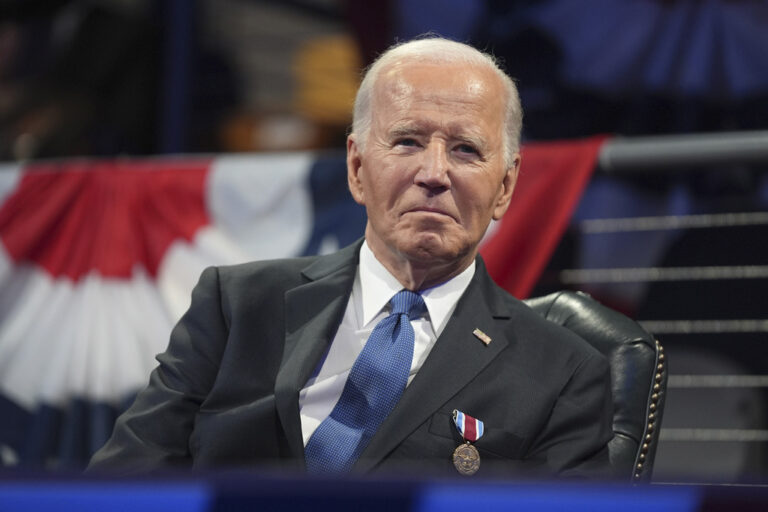 President Barack Obama huddled Monday with top financial regulators to push for still tougher oversight of Wall Street to head off another financial crisis.
President Barack Obama huddled Monday with top financial regulators to push for still tougher oversight of Wall Street to head off another financial crisis.
The president met with the group, which included Federal Reserve Chair Janet Yellen and Securities and Exchange Commission Chair Mary Jo White, to discuss implementing stronger protections for consumers and scrutinizing financial industry practices that predated the 2008 crisis. Among those practices are what he called the “shadow banking system” and executive compensation structures that create incentive for risk.
Obama defended the actions taken by the government in the wake of the crisis, including enacting the Dodd-Frank financial reform law and establishing the Consumer Financial Protection Bureau.
“I want to dispel the notion both on the left and on the right that after the financial crisis nothing happened,” Obama told reporters. Nor did those steps hurt businesses and the economy, he said.
The meeting was Obama’s first with the group since October 2014, when the president pushed the group to identify steps to “prevent excessive risk-taking” across the financial system, White House Press Secretary Josh Earnest said.
Monday’s meeting came after Obama described America’s status as “pretty darn great” during a meeting with economic advisers on Friday, hours after the Labor Department reported that the U.S. added 242,000 jobs in February. The U.S. has now posted the longest stretch of private-sector job growth on record.
Still, the administration has signaled it intends to keep tightening rules on the financial industry. The administration is gearing up to release a new “fiduciary” rule that will require brokers handling retirement accounts to put their clients’ best interests first. Currently, brokers are required only to offer investments that fit a client’s needs and risk tolerance at the time of sale. The brokerage industry largely opposes the new rule.
Under the Labor Department’s proposed rule, brokers could earn sales commissions and other income if they sign a “best-interest” contract with investors to disclose fees and incentives that might influence recommendations.
“One of the key legacy achievements of this presidency will be the important reforms of Wall Street,” Earnest told reporters on Friday. “Those reforms have led to a financial system that is more stable and ensures that taxpayers are not on the hook for bailing out financial institutions that make risky bets.”
(c) 2016, Bloomberg · Justin Sink










